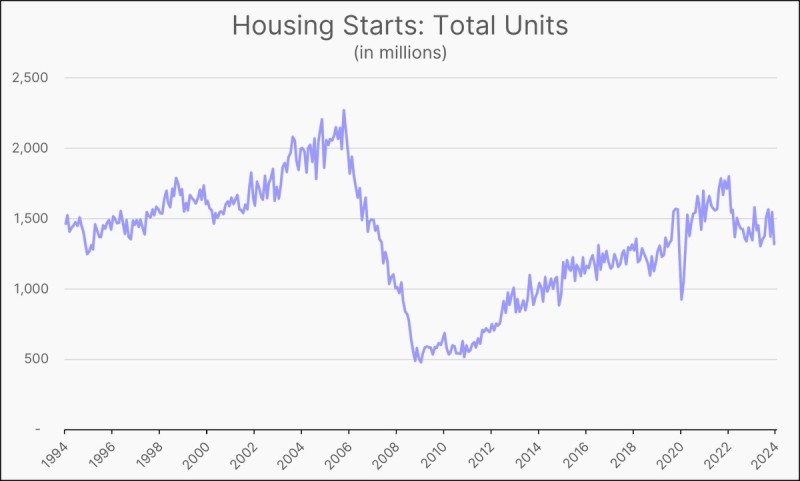Advertisement
CFPB Begins Process of Defining "Larger Participants" in Non-Bank Supervision

On Feb. 17, 2012, the Consumer Financial Protection Bureau (CFPB) issued its first proposed rule specifically defining who falls into the “larger participant” category in the “non-bank” financial services markets for future regulation. The first industries of focus for the CFPB are consumer (credit) reporting and debt collection. This proposed rule-making is required by Section 1024 of the Dodd-Frank Financial Reform Act of 2010. The CFPB’s announcement in the Federal Register states:
“This proposal is the first in what the Bureau intends to be a series of rules to define “larger participants” in specific markets for purposes of establishing, in part, the scope of coverage of the Bureau's nonbank supervision program.”
In the proposed rule, the CFPB suggests establishing a test for each market to determine whether a non-bank entity is a larger participant of that market. For the consumer credit reporting and debt collection markets, the Bureau is proposing a test that measures the “annual receipts” of the firm for potential inclusion into the “larger participant” category. The definition of “annual receipts” was adapted from the definition of the term used by the Small Business Administration (SBA) for purposes of defining small business concerns. The proposed threshold for the consumer debt collection market is more than $10 million in annual receipts and, for the consumer reporting market, is more than $7 million in annual receipts.
Though looking to the SBA for a universal financial designation to create the “larger participant” category provides a quick and easy divider to monitor, it may create difficulties in its application. The consumer credit reporting industry has already been segregated into “larger participants” by its primary federal law, the Fair Credit Reporting Act (FCRA). FCRA has split the industry into two basic segments based on primary business models and assigned some specific regulations for each model.
The national credit bureaus or repositories are defined in FCRA Section 603(p):
“Consumer Reporting Agencies (CRA) whose manner of business includes assembling or evaluating, and maintaining for the purpose of furnishing consumer reports to third parties, both "(1) [p]ublic record information (and) (2)[c]redit account information from persons who furnish that information regularly and in the ordinary course of business." FCRA Section 607(e), provides for credit reporting agencies that are known as resellers (who are the producers of all mortgage reports), and defines resellers as those who "procure a consumer report for purposes of reselling the report …"
Despite the fact that the same laws cover both the Repository CRA and Reseller CRA, the business models are very different and proper regulations and auditing for them would need to have much different focuses to assure each business model is compliant. For example, the repository CRA batch processes tens of millions of pieces of information into its database from creditors on every consumer in the country with a credit file, on a daily basis. Resellers, on the other hand, individually process information a single piece at a time, after the accuracy or completeness of that particular report has been questioned. Further, the reports in the resellers’ databases are only on the consumers for whom they have had a report requested, and that report is for that specific transaction only.
In addition to the difference in business models, there is another major difference in these two entities that directly ties to the CFPB’s desire to define the industry by revenue. Each of the three national repositories has annual revenue in the billions. All resellers, even the very largest in the industry, have annual receipts in the millions. The smallest repository is at least 10 times larger than the largest reseller.
In whatever manner the CFPB determines who is a “large participant,” they are authorized to supervise these larger non-bank entities by requiring them to submit reports and undergo examinations to:
“(1) Assess compliance with Federal consumer financial law; (2) obtain information about such persons' activities and compliance systems or procedures; and (3) detect and assess risks to consumers and to the consumer financial markets.”
This proposed rule only pertains to defining how to determine the larger participants in certain markets for purposes of the CFPB’s non-bank supervision authority and does not impose any new substantive consumer protection requirements. The announcement also serves as a reminder that all non-bank entities, regardless of size, are subject to the CFPB regulatory and enforcement authority for compliance with any applicable federal consumer financial law, and that the CFPB is planning on being an active regulator over the industries in its jurisdiction.
For more information, or to provide the CFPB with a comment (comments are due by Tuesday, April 17) on this proposed rule, click here.
Terry W. Clemans is executive director of the National Credit Reporting Association Inc. (NCRA). He may be reached at (630) 539-1525 or e-mail [email protected].
About the author





